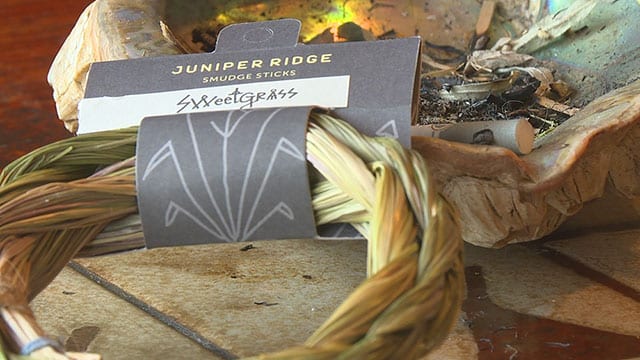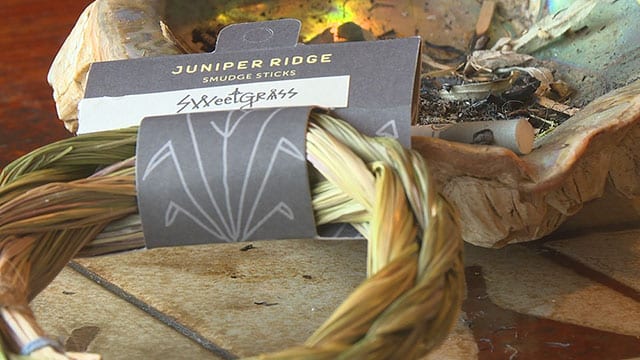
The Canadian Press
British Columbia’s Supreme Court says a mother has failed to establish that Indigenous ceremonies performed in her children’s classrooms interfered with their religious freedoms.
Candice Servatius of Port Alberni argued the religious freedoms of her daughter and son were infringed upon by having to participate in smudging and hoop dance ceremonies, but the court ruled Wednesday she did not establish infringement of religious freedoms.
Servatius, who filed her lawsuit against the Board of Education of School District 70 and the Ministry of the Attorney General, said her children had to participate in a classroom smudging ceremony, which involved burning sage and an assembly where a hoop dance and prayer were performed.
Servatius is disappointed and considering an appeal, said her lawyer, Jay Cameron.
Judith Sayers, president of the 14-member Nuu-chah-nulth Tribal Council, which participated in the case as an intervener, said the decision was a victory for children and their education.
Justice Douglas Thompson said Servatius did not prove there was an infringement of religious freedoms.
“The petitioner has failed to establish that the Nuu-chah-nulth smudging in her children’s classrooms or the prayer said by the hoop dancer at the school assembly interfered with her or her children’s ability to act in accordance with their religious beliefs,” he wrote.
Servatius, who is an evangelical Christian, argued the school district should be prohibited from holding similar school events in the future.
The court heard the Indigenous events took place in the 2015-16 school year at John Howitt Elementary School in Port Alberni where the children, who were nine and seven years old, were students.
Cameron said the children were required to participate in ceremonies against their religious beliefs.
“You can show a cleansing demonstration of a smudge on a video screen, on a TV,” he said in an interview. “You can read about it in books. But to actually have the ceremony done to cleanse the energy of the classroom that you’re in, we say that steps over the line of what’s permissible in the use of state authority.”
Sayers said smudge and hoop dance ceremonies are considered cultural traditions and she rejected the argument trying to categorize them as Nuu-chah-nulth religious practices.
She said the court decision helps bring more understanding and focus on the Port Alberni area’s long-standing Indigenous presence.
“It allows Nuu-chah-nulth to continue to teach in the school district about our culture to all children, not just Nuu-chah-nulth children,” said Sayers. “But it also helps to make Nuu-chah-nulth children feel comfortable in their schools.”












Excellent news.